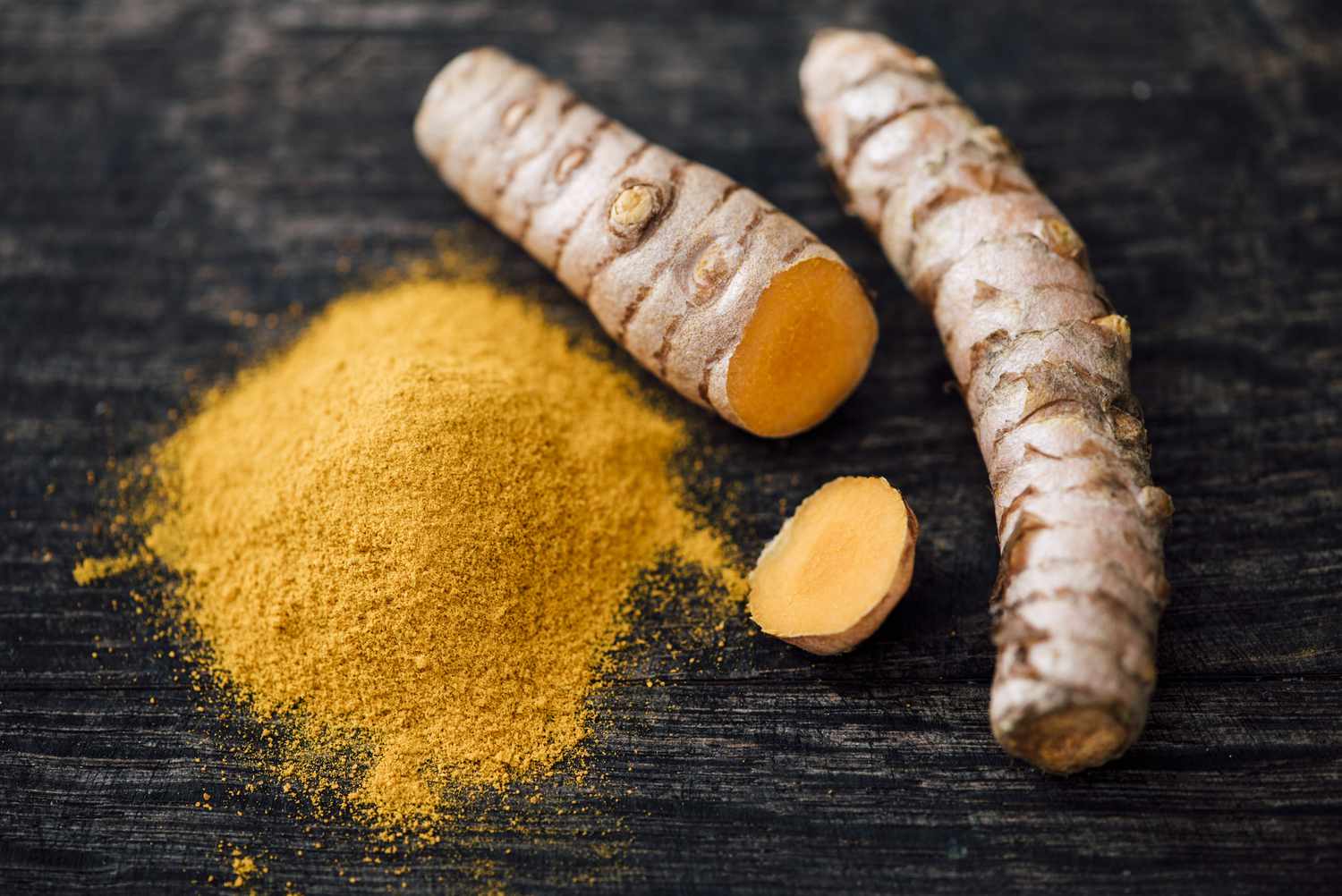
Turmeric, a golden-yellow spice, has been a staple in kitchens and medicine cabinets for centuries. But what makes this humble root so special? Turmeric is renowned for its anti-inflammatory and antioxidant properties, making it a popular choice for both culinary and health purposes. From spicing up your favorite curry to potentially easing arthritis pain, this versatile spice packs a punch. Did you know that curcumin, the active compound in turmeric, is what gives it its vibrant color and health benefits? Whether you're a seasoned chef or a health enthusiast, understanding the wonders of turmeric can add a flavorful and beneficial twist to your daily routine. Ready to dive into some fascinating facts about this golden gem? Let's get started!
Key Takeaways:
- Turmeric, a vibrant spice with roots in Southeast Asia, offers a myriad of health benefits, from reducing inflammation to aiding digestion and even potentially preventing certain types of cancer.
- Beyond its culinary uses, turmeric has a rich history in traditional medicine, with applications in Ayurveda and Traditional Chinese Medicine, as well as being used in beauty treatments and religious ceremonies.
What is Turmeric?
Turmeric, a golden-yellow spice, has been used for centuries in cooking and medicine. Derived from the root of the Curcuma longa plant, it's known for its vibrant color and earthy flavor. Let's dive into some fascinating facts about this versatile spice.
- Turmeric is native to Southeast Asia, particularly India and Indonesia.
- The active compound in turmeric is curcumin, which gives it its distinctive color and many of its health benefits.
- Turmeric has been used in Ayurvedic medicine for over 4,000 years.
- In addition to its medicinal uses, turmeric is a common ingredient in many Asian dishes, especially curries.
- Turmeric can be used fresh, dried, or powdered.
Health Benefits of Turmeric
Turmeric isn't just a flavorful spice; it's also packed with health benefits. Here are some of the ways it can improve your well-being.
- Curcumin has anti-inflammatory properties, which can help reduce inflammation in the body.
- Turmeric is a powerful antioxidant, protecting cells from damage by free radicals.
- Studies suggest that turmeric can improve brain function and lower the risk of brain diseases.
- Turmeric may help prevent and treat certain types of cancer by inhibiting the growth of cancerous cells.
- It can aid in digestion by stimulating bile production in the liver.
Turmeric in Traditional Medicine
Traditional medicine systems have long recognized the healing properties of turmeric. Here's how it's been used historically.
- In Ayurveda, turmeric is used to balance the doshas (body energies) and treat various ailments.
- Traditional Chinese Medicine uses turmeric to improve blood circulation and relieve pain.
- Turmeric paste is applied to the skin to treat wounds, cuts, and burns.
- It is often used as a natural remedy for colds and respiratory issues.
- Turmeric milk, also known as "golden milk," is a popular home remedy for boosting immunity.
Culinary Uses of Turmeric
Turmeric's unique flavor and color make it a staple in many kitchens. Here are some ways it's used in cooking.
- Turmeric is a key ingredient in curry powder, giving it its characteristic yellow hue.
- It is used to flavor and color rice dishes, such as biryani and pilaf.
- Turmeric can be added to soups and stews for an extra layer of flavor.
- It is often used in marinades for meat and fish to enhance taste and color.
- Turmeric tea, made by boiling turmeric in water, is a popular beverage in many cultures.
Fun Facts About Turmeric
Beyond its health benefits and culinary uses, turmeric has some interesting trivia associated with it.
- Turmeric is sometimes used as a natural dye for fabrics and food.
- In Hindu culture, turmeric is considered sacred and is used in various religious ceremonies.
- The spice is often used in beauty treatments, such as face masks, for its skin-brightening properties.
- Turmeric has been found in ancient pots dating back to 2500 BCE, indicating its long history of use.
- The name "turmeric" is derived from the Latin word "terra merita," meaning "meritorious earth."
Turmeric's Impact on Health
Turmeric's benefits are impressive. This golden spice, packed with curcumin, offers anti-inflammatory and antioxidant properties. It helps with arthritis, heart health, and even brain function. Adding turmeric to your diet can boost your immune system and improve digestion.
Remember, though, curcumin's absorption in the body is low. Pairing it with black pepper or a fat source can enhance its effectiveness. Turmeric supplements are available, but consult a healthcare provider before starting any new regimen.
Incorporating turmeric into daily meals is easy. Sprinkle it on vegetables, mix it into soups, or add it to smoothies. Its earthy flavor complements many dishes.
Turmeric isn't just a spice; it's a powerful ally for your health. Embrace its potential and enjoy the benefits it brings to your well-being.
Frequently Asked Questions
Was this page helpful?
Our commitment to delivering trustworthy and engaging content is at the heart of what we do. Each fact on our site is contributed by real users like you, bringing a wealth of diverse insights and information. To ensure the highest standards of accuracy and reliability, our dedicated editors meticulously review each submission. This process guarantees that the facts we share are not only fascinating but also credible. Trust in our commitment to quality and authenticity as you explore and learn with us.


